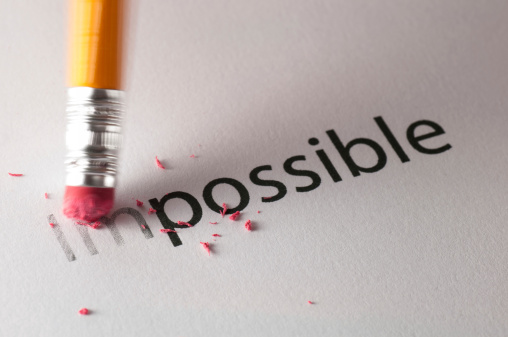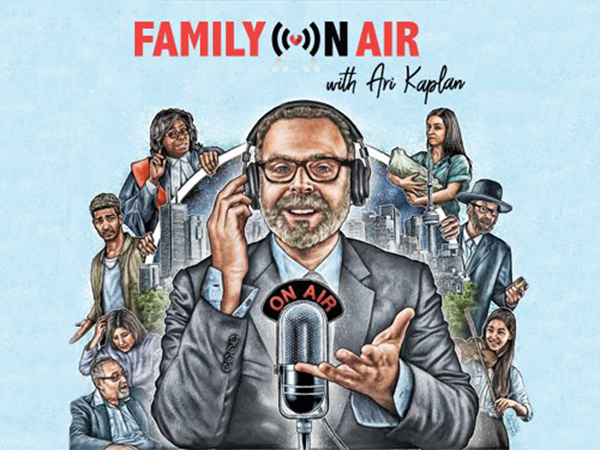On the USA Network’s Fairly Legal, the main character is a mediator. She single-handedly investigates, researches, blackmails, negotiates, and badgers her way to agreements. While it does have its moments, this show is one misconception after another. It makes for more dramatic television but it can also give people a skewed sense of what mediation actually is. By tackling some misconceptions, more people who could benefit from mediation will see it as a viable option.
Myth #1 – Mediators Act as Judge and Juror
Mediators are not judges; they’re not juries. Often, parties in the midst of disputes see a mediator as an outside consultant who comes in, assesses the problem, and then tells everyone what they have to do. This implies that they have the ability to make an arbitrary decision. This couldn’t be further from the truth. A good mediator does not make a judgment, a ruling, or a decision; he creates a safe, productive environment in which the parties can come to an agreement.
Myth #2 – Mediation Isn’t Voluntary
Mediation should always be a voluntary process. It should not force any particular outcome on the parties. One of the reasons why mediation is successful is because the people in conflict develop their own solutions. Having ownership of decisions is essential, especially if the agreements they create are to be lasting ones. The first and most essential decision is the decision to participate in mediation. The Court annexed mediation regimes which do require parties to litigation to participate in mediation are thought to be rarely effective and usually amount to yet “another expensive hoop” to jump through. This is giving mediation an undeserved bad name.
Myth #3 – Mediators Are Biased
Everyone thinks he’s right; it’s a phenomenon that affects us all. It is easy to go into mediation thinking, “I’m right. Surely the mediator will agree with me.” If that’s your expectation, you’re going to be disappointed! Mediators are not biased, at least they should not allow their biases to impact how they run a mediation. The mediator is not going to “agree” with one party or another, and, in fact, that’s not their job. Their job is to remain completely neutral; rather than making a “ruling,” This means that they suspend making judgements about who is right and wrong. There will be plenty of time after the mediation is over to do that if necessary but during the mediation it is of little assistance to the parties. The mediator’s role is to facilitate communication so both parties better understand the other’s point of view. This increases the likelihood of reaching a reasonable agreement – and achieving a more effective workplace going forward.
Myth #4 – Mediation Could Negatively Affect Legal Rights
Mediation only works when participants know that it is completely safe and confidential, that they can disclose information without fear of legal penalty or retribution. By agreeing to mediation, participants are not giving up legal rights; both parties are free to withdraw from the process at any time without suffering any consequences other than losing the opportunity to get a better result than they might get in Court or at Arbitration.
This is what mediation is not. What it is, though, is a fair and equitable process that can help resolve even complex and highly acrimonious disputes.





